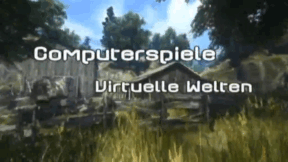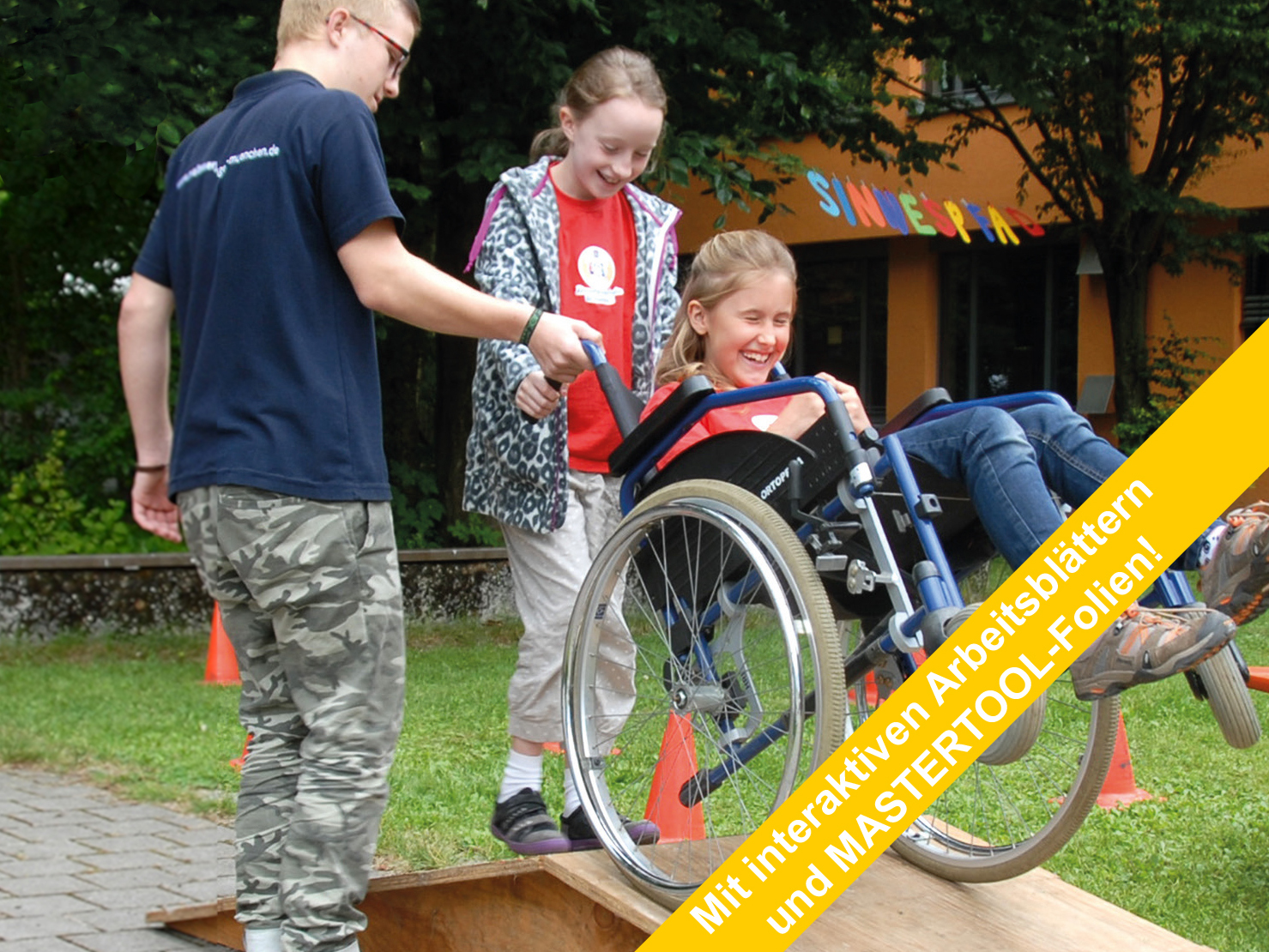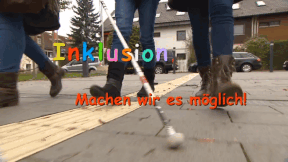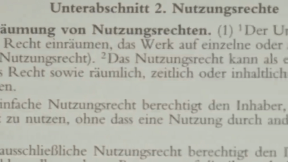 Primary School
Primary School
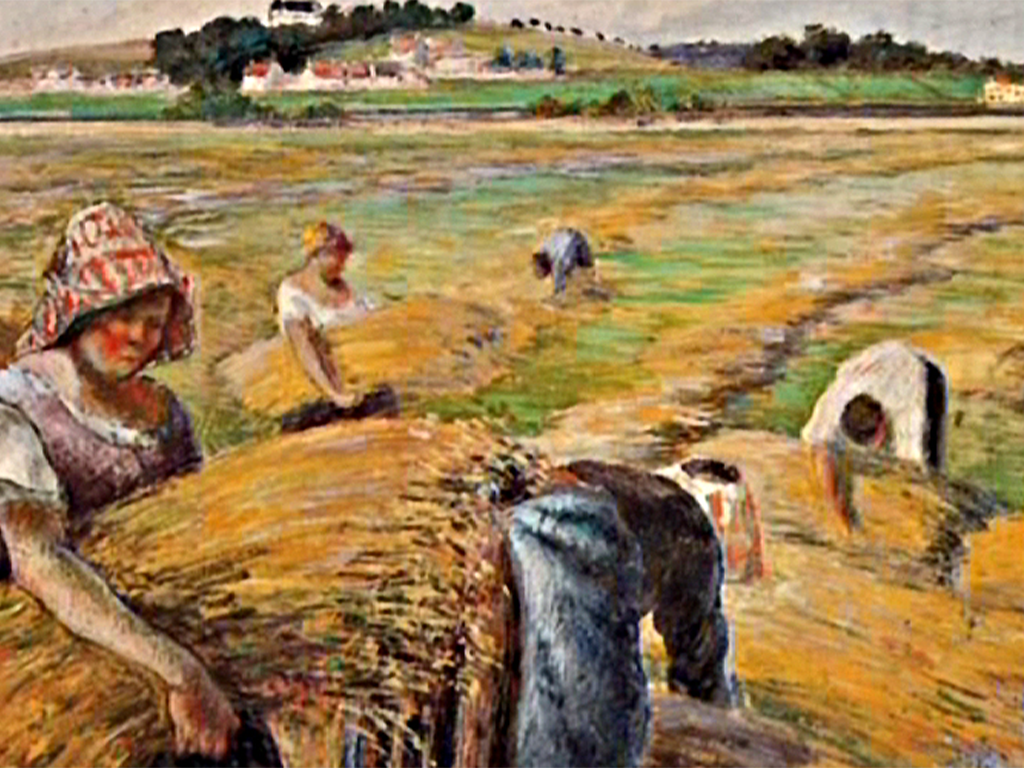

4658325 / 5551745
Grain
Where Does Our Bread Come from?
The DVD offers spectacular insights into rural forms of work of former times and of today and into the work of a baker, so that pupils can easily comprehend individual work steps, too. In addition, the children gather information on the characteristics and use of the most important types of grains: rye, wheat, barley, oats and maize. The content of the DVD is excellently suited, on the one hand, to show the children that flour is an essential ingredient of baked goods and, on the other hand, to seize upon the pupils’ various experiences with the staple bread. The DVD breaks down the topic “Grain” into the following main areas: baking bread, from corn to flour, types of grain and history of grain. The DVD is divided into four didactic units that can be dealt with separately via its menu structure. Moreover, the menu offers additional pictorial and diagram material. With the varied worksheets, test tasks and colour foils, the learning content of the DVD can be consolidated and the topic “Grain” enlarged upon during lessons.
Play trailer
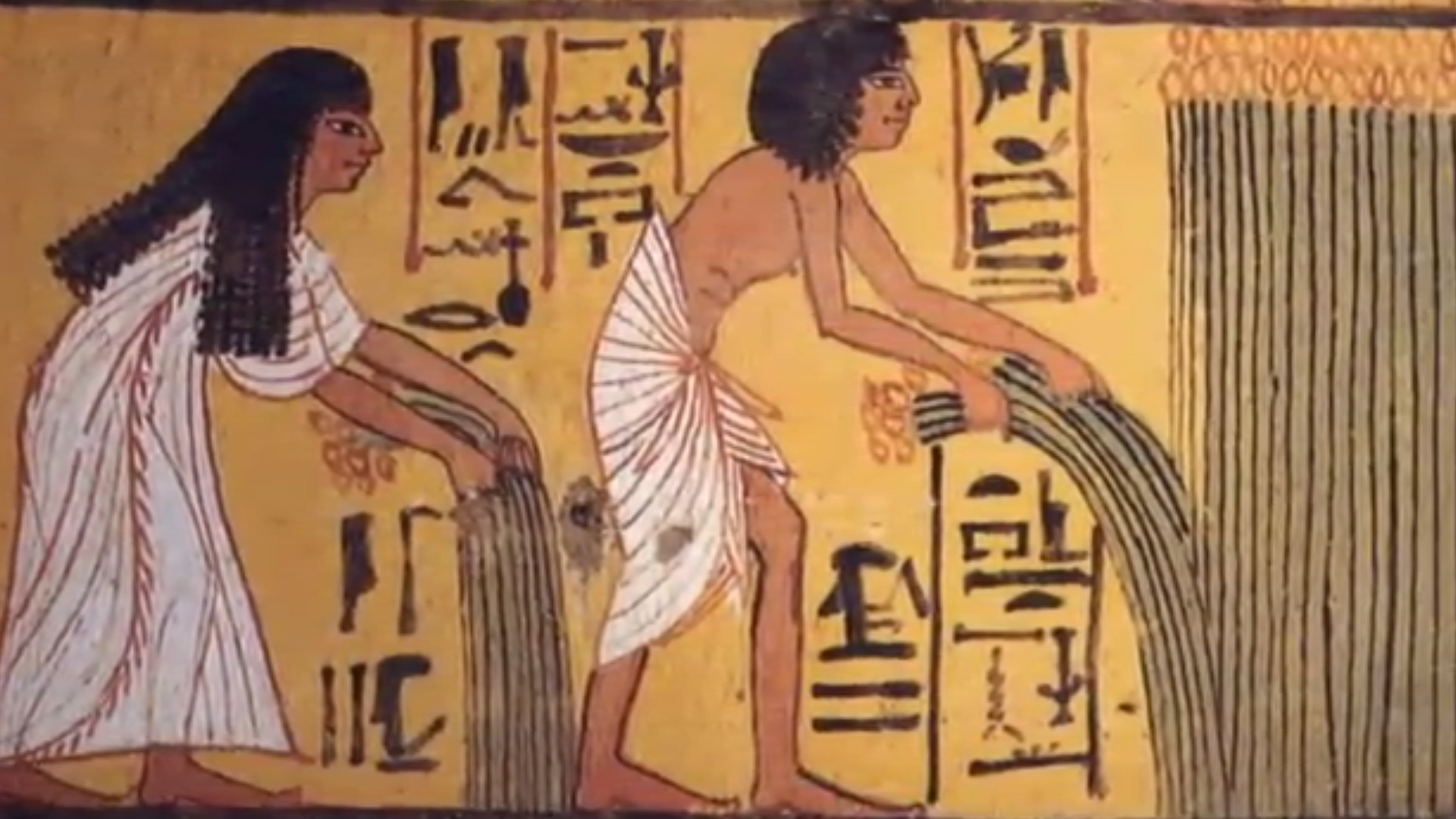
Curriculum-centred and oriented towards educational standards
Matching
Computer Games
This film covers the topic of computer games in a variety of ways and from many different angles. Apart from the fascina- tion of computer games for users, the historical development as well as the production of computer games are described. The established genres are introduced, the guidelines of the German BPjM are explained. In light of recent public discussions, a neutral overview of the pros and cons of playing computer games is given, and different kinds of player behaviour are outlined. In this film, the pupils will recognise many aspects of their favourite pastime that encourage an independent, constructive use of this medium and reinforce their media competency. The film and teaching material are very closely related to the real-life situation.
Inclusion
Madita is eleven and blind. She does not want to go to a special school but to a regular grammar school. She says she feels "normal" there. Jonathan is eight and has a walking disability. He likes going to the school where he lives. Here, his best friend sits next to him. Max Dimpflmeier, a teacher who is severely deaf, explains that school life is not easy. Quote Max Dimpflmeier: "You don't want to attract attention, you want to avoid saying that it is necessary for you that 70 people adjust to your situation." People on their way to inclusion.
Copyright
Copyright is subject to constant change to keep up with technological advances. This film enables the viewer to grasp the basic principles of this extremely intricate matter. By way of introduction, the film defines what an author is, what kinds of works there are and how long a work is protected on principle. Then the fundamental rights of an author are cited and it is shown how these are exploited in our times. In the third chapter, the respective rights are illustrated by way of practice-oriented examples of books, photos, music and films. Here, of course, an emphasis is laid on the field of education, taking into account the latest case law within the EU and Austria in particular. A further chapter highlights the problems arising with the Internet and goes into the citation law and pirate copies. All in all, in this way the viewer is made familiar with the most important basic terms and their meanings. Comprehensive worksheets and additional accompanying material invite us to deepen our knowledge of the subject.





